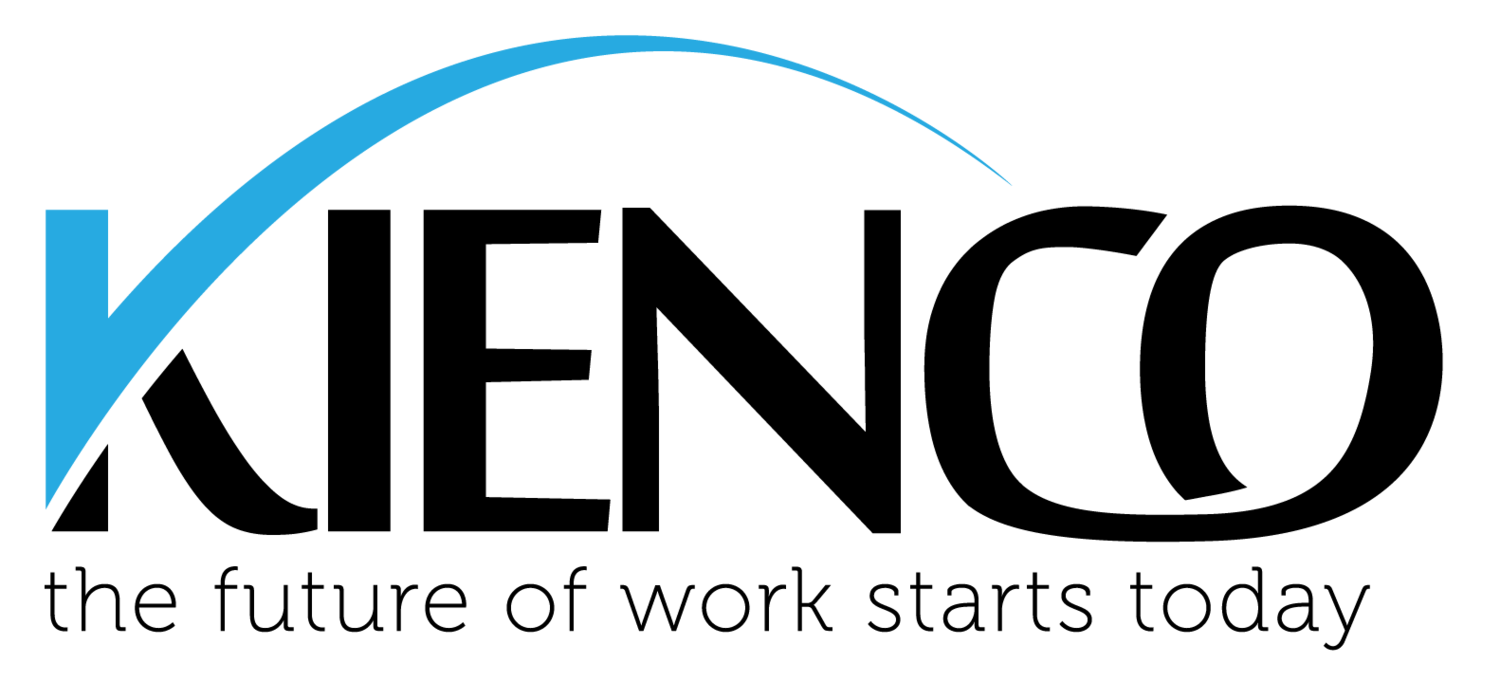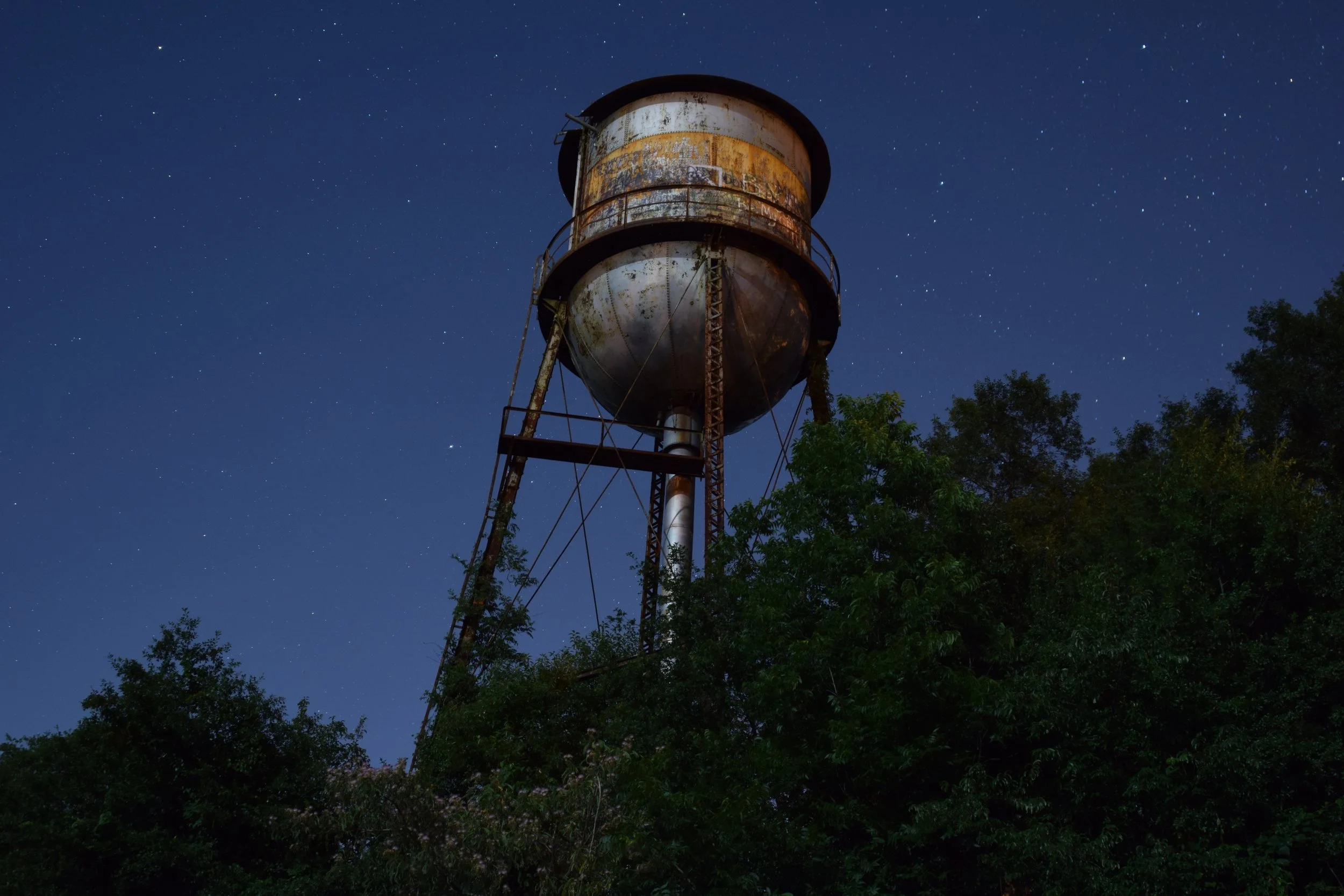This week I have the privilege of attending day one of the Creative Innovation Global conference here in Melbourne. Key questions for People & Culture about positive siloing, motivation, and convergent thinking emerged.
Viewing entries in
Future of Work
If you are a driver for Uber or ride-sharing platform Lyft, a host on AirBnB, or a “tasker” doing odd jobs on TaskRabbit, you may consider yourself what has been recently labelled a micropreneur.
From Oculus Rift to HoloLens, innovations in virtual reality have companies scrambling to create the first great headset on the market. While originally focused on the gaming and entertainment industry, there's no denying that virtual and augmented reality technology will directly impact the way we work and communicate as well.
Recently an Oxford University study entitled "The Future of Employment: How Susceptible are Jobs to Computerisation?" ranked 702 occupations by their likelihood to be automated in the next 10-20 years. Automation is coming, and visions of the future of work ranging from utopia to disaster have been forecast.
A recent profile on NPR talks about the myriad ways in which UPS drivers are monitored in a way reminiscent of Frederick Winslow Taylor's Time and Motion Studies, and the benefits that this has for the organisation. Is this Workforce Analytics as Neo-Taylorism? What are the implications, and does the future of work look like a UPS truck?
Today, Facebook celebrates its' 10th Birthday, and Mark Zuckerberg's post talks about connectedness and how the world has changed in the past decade. He also refers to how social media will change over the next 10 years to become as much about solving problems as about sharing moments, particularly in light of new technologies which will have us generating and sharing more data.
Back in the 1990s, there was a great TV show called Beyond 2000, that discussed technological changes that would impact us in the (then) future. Well, we're WAY beyond 2000 now, and some of the predictions are only now starting to come true - but the future isn't what it used to be.
Even highly skilled and intelligent leaders aren’t good at detecting changes in their environment that might affect strategy. It's important to develop a framework to look for "unknown unknowns"






